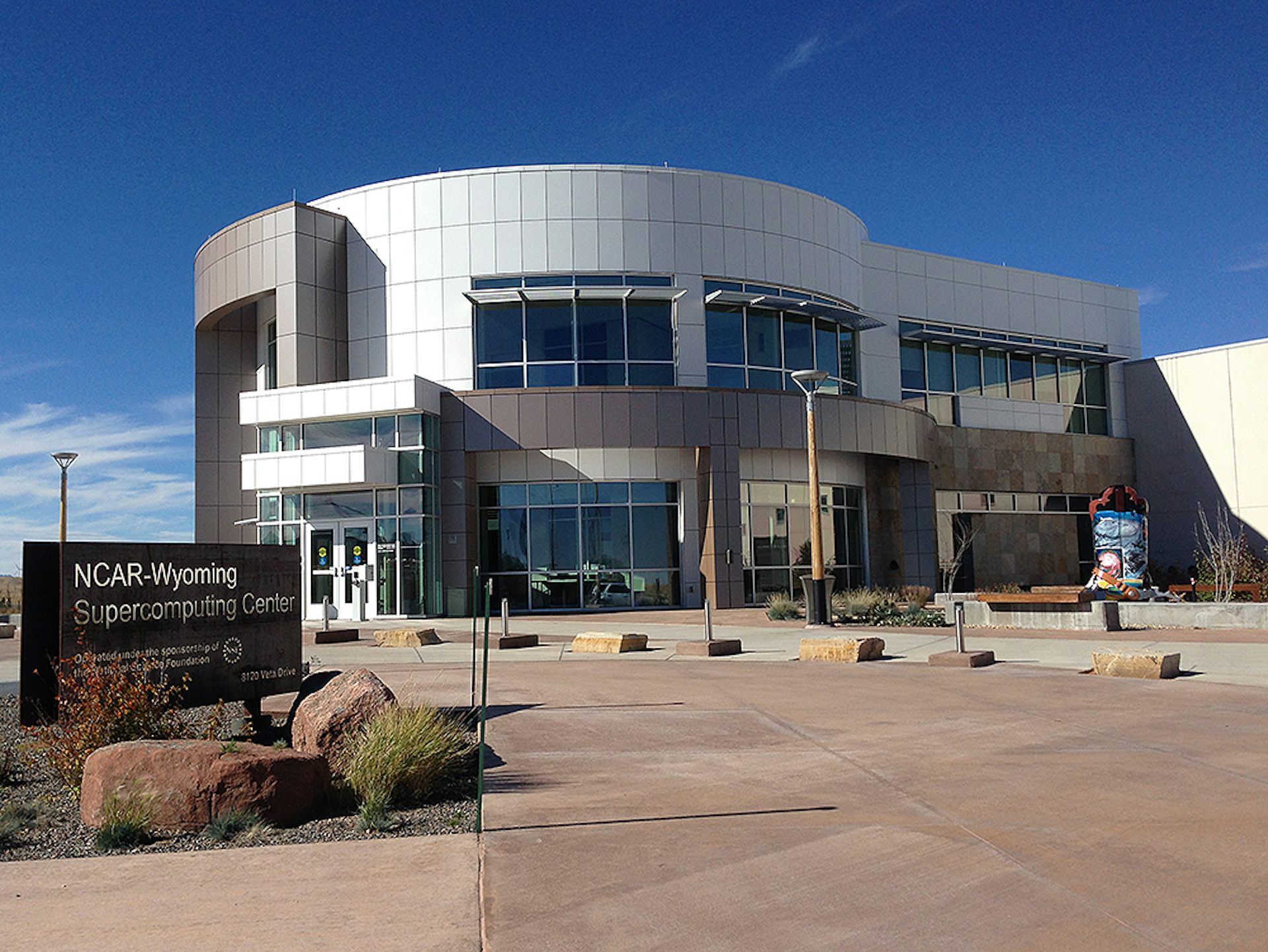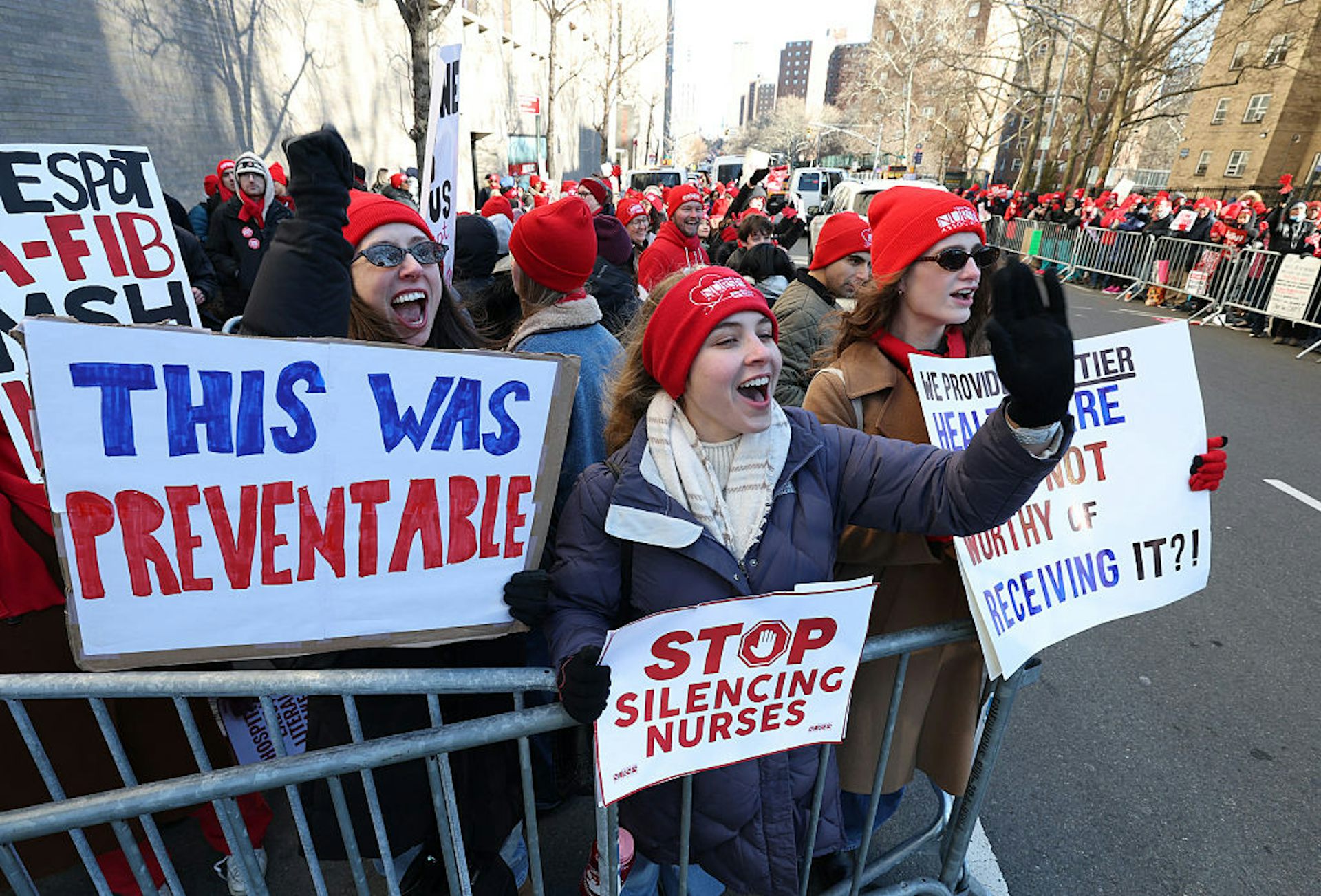What's at stake this Election Day – 7 essential reads
Voter demographics and policy priorities are two recurrent, big issues on Election Day – but shifts in election administration and voting laws are new challenges influencing the midterms.
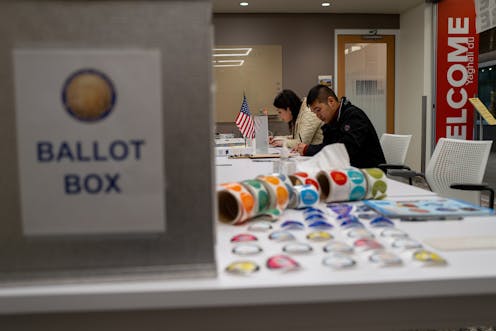
As Election Day closes in, uncertainty and concern about potential chaos – from violence at polling sites to candidates refusing to accept defeat – continue to rise.
Problems that have historically plagued the U.S. electoral and political system – like voter intimidation – are cropping up ahead of the midterms. But so, too, are less familiar issues, like how previously run-of-the-mill state election positions are becoming opportunities for political activism.
Here are seven key issues that affect the midterm elections, drawn from stories in The Conversation’s archive.
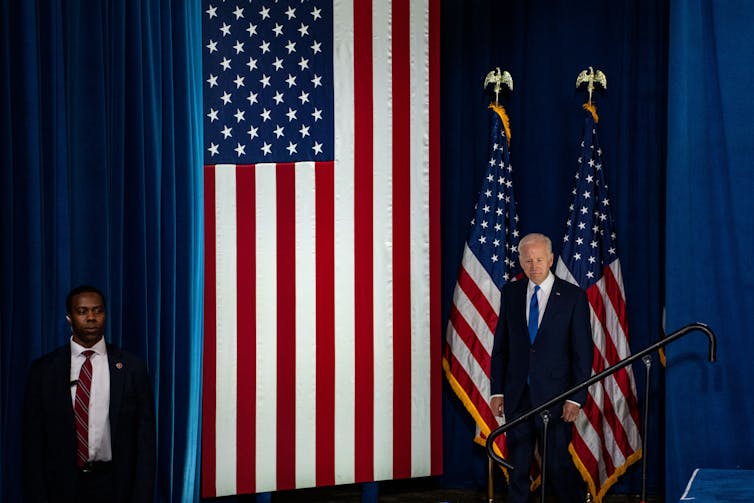
1. Who is voting
Voter participation during midterm elections is typically low – though some experts say that there could be heavy turnout this year. But the question of who actually heads to the polls will also be critical, as races in key swing states tighten.
Young voters are much less likely to vote during midterms than older people, as opposed to their higher turnouts during presidential elections, American University government scholar Jan Leighley wrote. Young voters are also more likely to identify as Democrats.
“So if younger voters are underrepresented in the November 2022 elections, more Republicans may be elected, as well as candidates less likely to reflect younger citizens’ views on key issues,” Leighley wrote.
Read more: Young voters are more likely to skip midterm elections than presidential races
This year, meanwhile, record numbers of Latinos are also expected to turn out to vote. In 2020, most Latinos voted for President Joe Biden – but increasing numbers of Latino voters are also supporting GOP candidates, including former president Donald Trump, wrote University of Tennessee social work scholar Mary Lehman Held.
One reason is that Latino voters have different backgrounds, values and priorities. And not all would be turned off by Republican candidates’ restrictive immigration politics.
“Immigration policies only affect a subset of Latinos, most notably Mexicans, followed by Salvadorans, Guatemalans and Hondurans,” Lehman Held explained.
2. What voters want
It’s the economy, stupid, as the famous 1992 political adage about voters’ top concern goes.
Soaring inflation rates top voters’ concerns this year, even though neither political party has been found particularly more effective at tackling the issue and bringing down inflation, as Texas State University finance scholar William Chittenden wrote.
Read more: Why inflation will likely stay sky-high regardless of which party wins the midterms
There was a flurry of political activism around the Supreme Court’s decision to overturn Roe v. Wade in June 2022, undoing the federal right to an abortion. But just four months later, men and women both say that abortion politics are not bringing them to the polls, according to Harvard Kennedy School and Northwestern University social science scholars Matthew A. Baum, Alauna Safarpour, Jonathan Schulman and Kristin Lunz Trujillo.
“The Supreme Court’s Dobbs v. Jackson decision may have initially mobilized some voters in June and July, particularly women, but its effects appear to have diminished when we asked Americans about their intentions to vote again in August and October,” they wrote.
3. Elections aren’t what they used to be
Gone are the days when election administrators were considered low profile, conducting essential – but not flashy – work, like organizing voter lists, staffing polling places and counting election results.
Overall mistrust in elections is high in the U.S. following the 2020 elections – and former President Trump’s refusal to accept his defeat. It’s a new era in politics, where it is not necessarily a given that “elections happen, votes are counted, the winners are declared and democracy moves on,” wrote Arizona State University’s Thom Reilly, a public governance scholar and former state election official.
One complicating factor is that the U.S. is the only democracy that elects many of its election officials, and high-ranking members of the Republican or Democratic parties usually oversee elections at the state level.
“That partisan system largely worked until now because, in essence, each party checked the other party’s ability to influence election outcomes. As long as states were politically diverse, members of the two major parties acted in good faith, and this model functioned – albeit imperfectly,” wrote Reilly.
But there’s already evidence that newly minted and highly partisan poll workers and election observers plan to disrupt the elections, potentially diminishing public faith in this essential democratic institution and weakening democracy itself. And a high number of candidates running for state election administration roles are election deniers. If they win, wrote Reilly, that will further erode public confidence in election integrity.
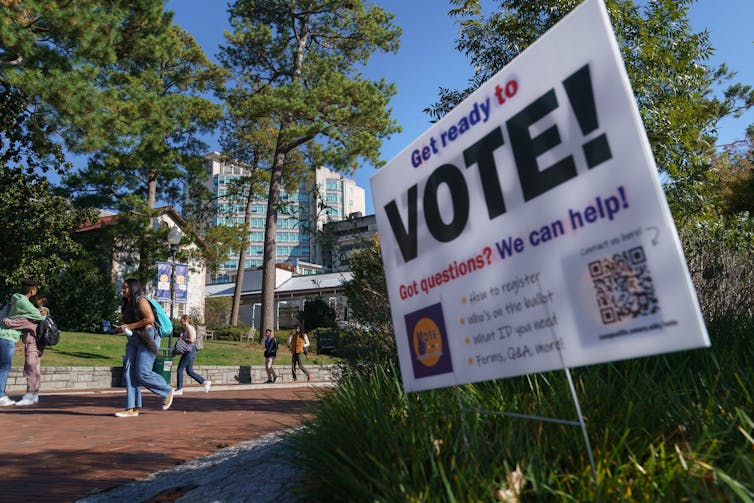
4. Black voters face possible intimidation
Amid warnings from the Department of Homeland Security about political violence on Election Day – which University of Maryland, Baltimore County security researcher Richard Forno recently explored – there’s an increased risk that polling sites will become yet another place for political violence.
Read more: Political violence in America isn't going away anytime soon
The threat brings to mind long-standing efforts by white supremacists to intimidate and threaten Black voters.
Georgia is one place with a long history of voter intimidation that is rolling out election reform laws, making it actually harder for voters – especially people of color – to vote. One part of this new law, called SB 202, removes some voting drop boxes, which people of color predominantly use. This comes as Black voters gain number and power in Georgia – and the tightened voting rules are reminiscent of the 1940s and other times when white conservatives cracked down on voting rights in response to rising Black political strength.
“The almost immediate passage of new election laws at a time of growing Black political strength suggests the persistence of a white backlash in Georgia,” wrote Emory University political science scholar Richard Doner.
Editor’s note: This story is a roundup of articles from The Conversation’s archives.
Read These Next
AI’s growing appetite for power is putting Pennsylvania’s aging electricity grid to the test
As AI data centers are added to Pennsylvania’s existing infrastructure, they bring the promise of…
Why US third parties perform best in the Northeast
Many Americans are unhappy with the two major parties but seldom support alternatives. New England is…
Abortion laws show that public policy doesn’t always line up with public opinion
Polls indicate majority support for abortion rights in most states, but laws differ greatly between…





